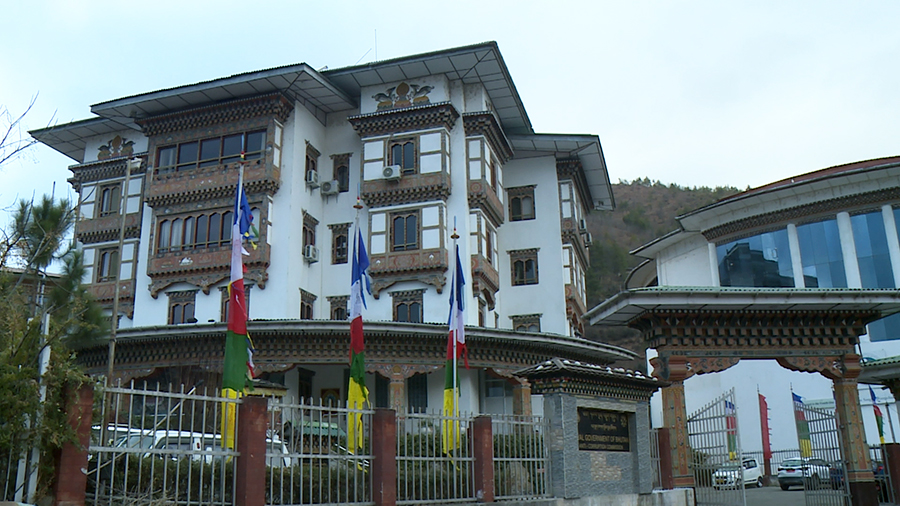
The Anti-Corruption Commission, ACC in its Corruption Vulnerability Assessment of Public Service Study reported that budget manipulation and lack of transparency and accountability caused abuse of functions and conflicts of interest within the public sector. Ten public services were identified as sectors vulnerable to corruption. The report published recently was conducted last year.
Forestry services is one of the sectors identified to be vulnerable to corruption. According to the study, being bribed for illegal activities such as the trade of endangered species and obtaining a licence among many others, jeopardises balance and public trust in authorities.
The National Integrity Assessment of 2022 also points out that 23 per cent of respondents have conceded having paid bribes to officials.
The next vulnerable sector is agriculture and livestock services. According to the report, corruption in service delivery in the agriculture and livestock sectors impedes the country’s economic activities, especially when most people are dependent on the two sectors.
The 2022 National Integrity Assessment shows that 29 per cent of agriculture and livestock users have experienced bribing to avail services.
Similarly, the study shows that more than 65 per cent of respondents feel that healthcare services are prone to corruption. The study states that healthcare services are severely divided due to social inequality where wealthy people bribe and skip waiting lines, while others must wait. It says this leads to poor health outcomes due to delays in diagnosis and ineffective treatment as a result of waiting.
According to the study, rich people are more likely to be given preferential treatment in the process of patient referrals, resulting in longer wait times for people without financial means. For this issue, the study suggests prioritising patient’s medical needs over their ability to pay.
The study also found electoral processes vulnerable to corruption. The 2022 National Integrity Assessment also highlights a high perception of corruption related to elections such as payment of cash or kind to garner votes during elections.
According to the study, postal voting is an area of concern where illiterate voters and dependents are prone to manipulation. Similarly, offering incentives and applying undue pressure among others in door-to-door campaigns, ferrying voters and campaign financing irregularities are some of the traits of corrupt practices during elections.
The study further shows that corruption in public procurement and human resource management, which are also vulnerable to corruption causes significant financial and efficiency losses and public distrust.
It further states that favouritism and nepotism harm openness and equality. Favouring individuals with influential connections in recruitment and promotion is described to be leading to partiality and potentially making others lose motivation.
Likewise, land services are also found to be susceptible to corruption. In the Financial Year 2021-2022, ACC has received almost 80 land-related complaints. According to the ACC, lengthy land-related procedures can lead to corruption as officials accept bribes to speed up the process.
In the banking sector, non-performing loans, NPLs, pose a considerable challenge with corruption-related concerns according to the report. NPL corruption can include bank officials accepting bribes and some individuals manipulating NPLs for their gain.
According to the study, export and import processes are also vulnerable to corrupt acts such as bribing customs officials and tax evasion among others. These activities are said to be impacting the government’s revenue. Some ways to combat this issue, according to the ACC, are to make customs procedures clear and reduce direct interactions.
The final sector vulnerable to corruption according to the study, is the tourism sector. Corruption in this sector includes bribing immigration officials, extortion of tourists, and embezzlement of tourism funds among others. In order to solve this, the study suggests transparent and accountable practices, enforcing regulations and public awareness.
In 2023, Bhutan was ranked 26th out of 180 countries in the Corruption Perception Index with a score of 68. The score has remained unchanged since 2018.
Deki Lhazom
Edited by Kipchu








